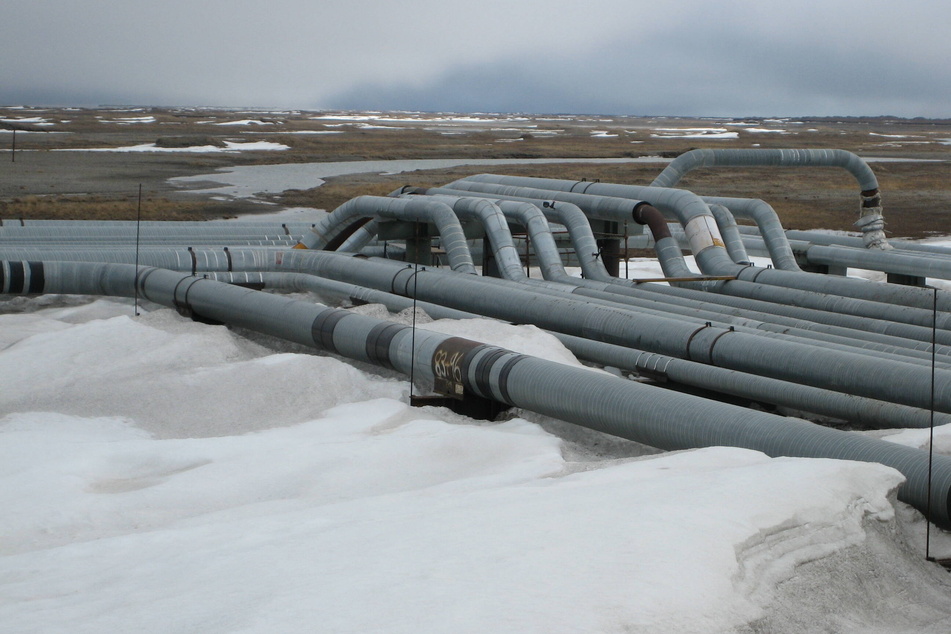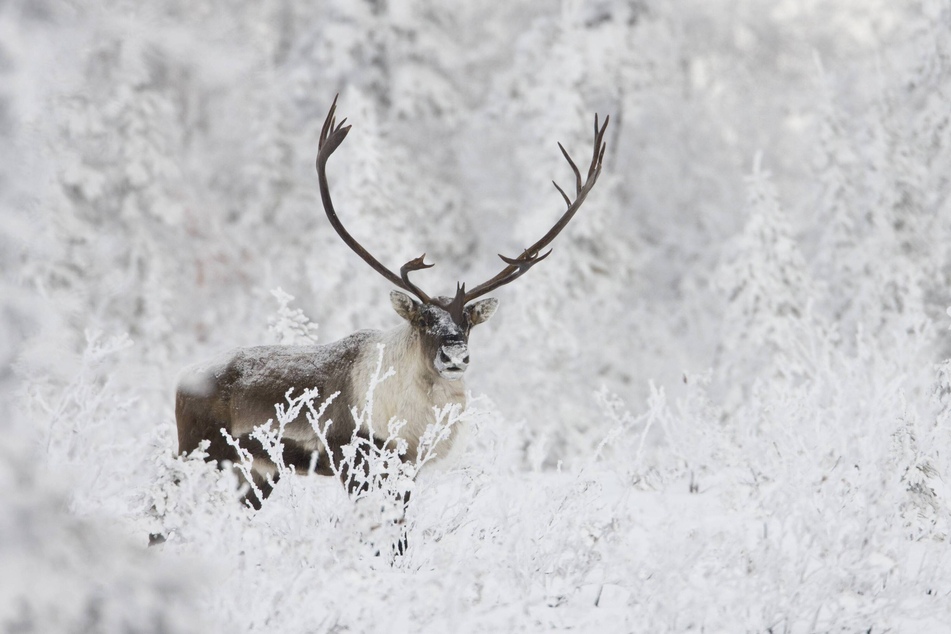Alaska oil drilling project advances despite Biden's promises and Indigenous opposition
Nuiqsut, Alaska - The Biden administration has indicated it may move forward with an $8-billion oil drilling project in Alaska, sparking outrage from climate and Indigenous rights activists.

The ConocoPhillips Willow project is expected to yield 629 million barrels of oil over 30 years, with a high of 180,000 barrels of crude oil per day, the US Department of the Interior said in its Supplemental Environmental Impact Statement.
The department, whose assessment marks the final step before approval, has said this scaled-back version of the project would mitigate some of the environmental damage in the original proposal.
The Willow project was first approved by the Trump administration before a US federal judge in Alaska determined the environmental review was flawed and reversed the decision.
The Interior Department has said it may be open to further restrictions on the project, with a final decision expected next month. Willow is already poised to become one of the largest US federal drilling developments, even in its scaled-back form.
If the current administration approves the project, it would mark a reversal of President Joe Biden's 2020 campaign promise to put a stop to federal oil and gas drilling.
Indigenous and climate activists call for an end to the Willow project

The decision to advance the Willow project has sparked an outcry from Indigenous and climate activists, who fear the expansion of drilling on the North Slope would do irreparable environmental damage and destroy Native means of subsistence.
Drilling for and burning oil in the area would reduce air quality, increase water pollution, and cause long-term health issues for sovereign Indigenous people, activists warn.
The Willow project would also have a devastating impact on vulnerable species, including caribou, which many Indigenous people in the area hunt for food.
The development could emit an estimated 278,000 metric tons of CO2 emissions over 30 years. This would accelerate the global climate crisis and do even further damage to the Arctic, which is already said to be warming four to five times faster than the rest of the earth.
"There must come a point where human health, food security, environmental justice, and a functioning ecosystem come before corporate profit," a group of 38 Indigenous-led organizations wrote in a recent letter to the Biden administration.
"The most impacted community by this project would be Nuiqsut, Alaska," the letter continues. "This small rural area primarily relies on subsistence and has rich culture and connection to the land. This project greatly endangers these practices, food security, their physical and mental health, and their Iñupiaq Ways of Life."
Sovereign Iñupiat for a Living Arctic is encouraging people to contact the Biden administration and the US Bureau of Land Management to express opposition to the Willow project using the resources on their website.
Cover photo: IMAGO / YAY Images

